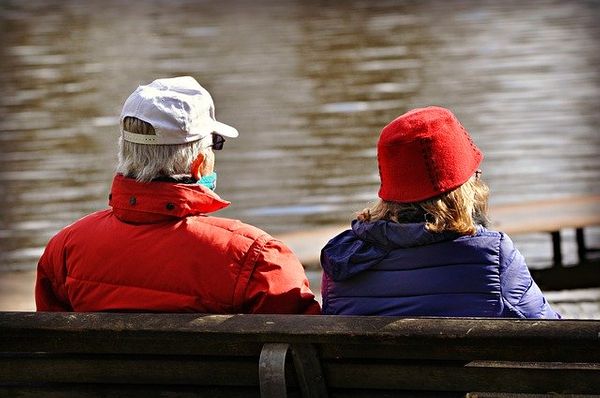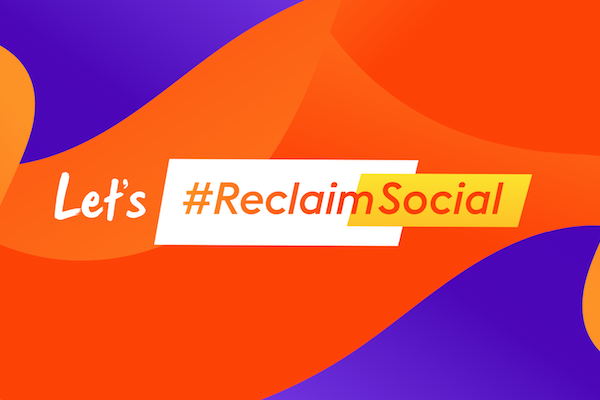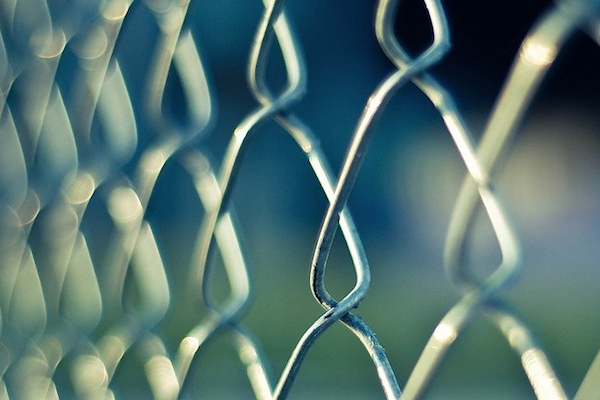
Generational change presents a challenge for fundraising in Switzerland
February 5, 2020
#ReclaimSocial returns to make social media a force for good
February 5, 2020Groups providing legitimate humanitarian assistance and solidarity to refugees and migrants across Europe are increasingly being criminalised, according to a report.
Written by Dr Carla Ferstman from the University of Essex’s School of Law and a member of the Expert Council on NGO Law, the report found evidence of a fundamental shift in the relationship between European governments and groups working with refugees and migrants, as the former struggle to cope with the number of people fleeing conflicts around the world.
It found that states have legislated to outlaw the normal activities of non-governmental organisations (NGOs), while state agencies have acted in ways that both obstruct their work and discriminate between them based on the support they provide.
Dr Ferstman’s report, produced for the Council of Europe’s Expert Council on NGO Law, found significant divergence between Member States in relation to relevant national law, making it difficult for NGOs to work across borders. The report also found a lack of clarity on key points, leading to groups being impeded – and, in some cases, prosecuted – arbitrarily.
In 2015, over one million migrants and refugees arrived in Europe by sea alone. Although the annual figure has declined significantly from this 2015 peak, the task of processing new arrivals remains a significant challenge.
Dr Ferstman said:
“The response of the European Union and many governments has been to make it as hard as possible for refugees and migrants to reach the continent. Some states have engaged in “push backs” – sending vulnerable people back to countries where they face real risks, in breach of agreed principles. In many other cases, new barriers to entry have resulted in death and violence as desperate, vulnerable people have sought increasingly dangerous options.
“In such circumstances, NGOs play a vital humanitarian role, whether rescuing individuals making hazardous crossings or providing the basics to new arrivals.
“This report shows their work is being criminalised, in contravention of international law and agreed standards relating to freedom of association. This undermines the organisations, threatens their work and makes refugees and migrants more vulnerable.”
The report notes the impact on this situation of increased anti-immigrant rhetoric, of the suggestion that humanitarian aid represents a ‘pull factor’ to those fleeing their homelands, and the tendency to falsely cast NGOs as responsible for enabling ‘irregular’ migration.
The report also found that the actions of some Member States go against the Council of Europe’s own recommendations in relation to strengthening civil society space. These actions, it says, are having a ‘chilling effect’ on the organisations in question, and effectively denying them freedom of association or expression. This new environment for NGOs is also seen as having a negative impact on public trust in these organisations, as well as their ability to fundraise and recruit volunteers.
For the report, Dr Ferstman was assisted in her research by students from the University’s Human Rights Centre Clinic, and surveyed evidence provided by Member States, policy experts and NGOs. She also looked at how the Member States have applied their own national legislation.
In response to the report, Dr Ferstman is supporting the Expert Council on NGO Law to prepare guidelines for the Council of Europe’s 47 Member States to ensure that their law and practice in this area is consistent with applicable European standards governing freedom of association and the rights of NGOs.




